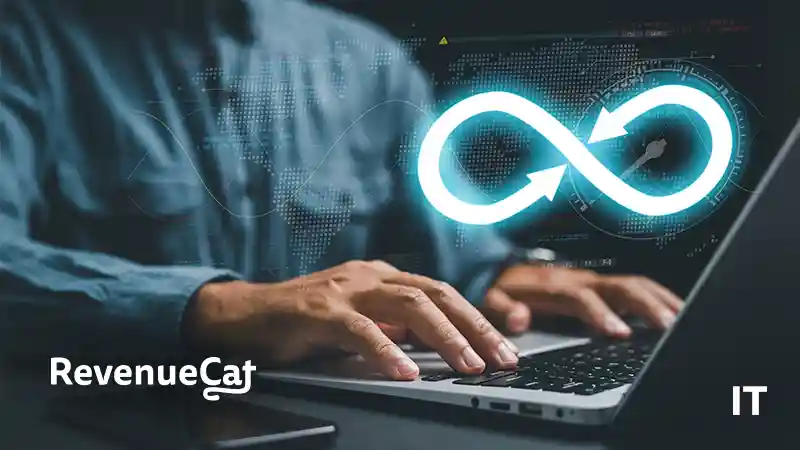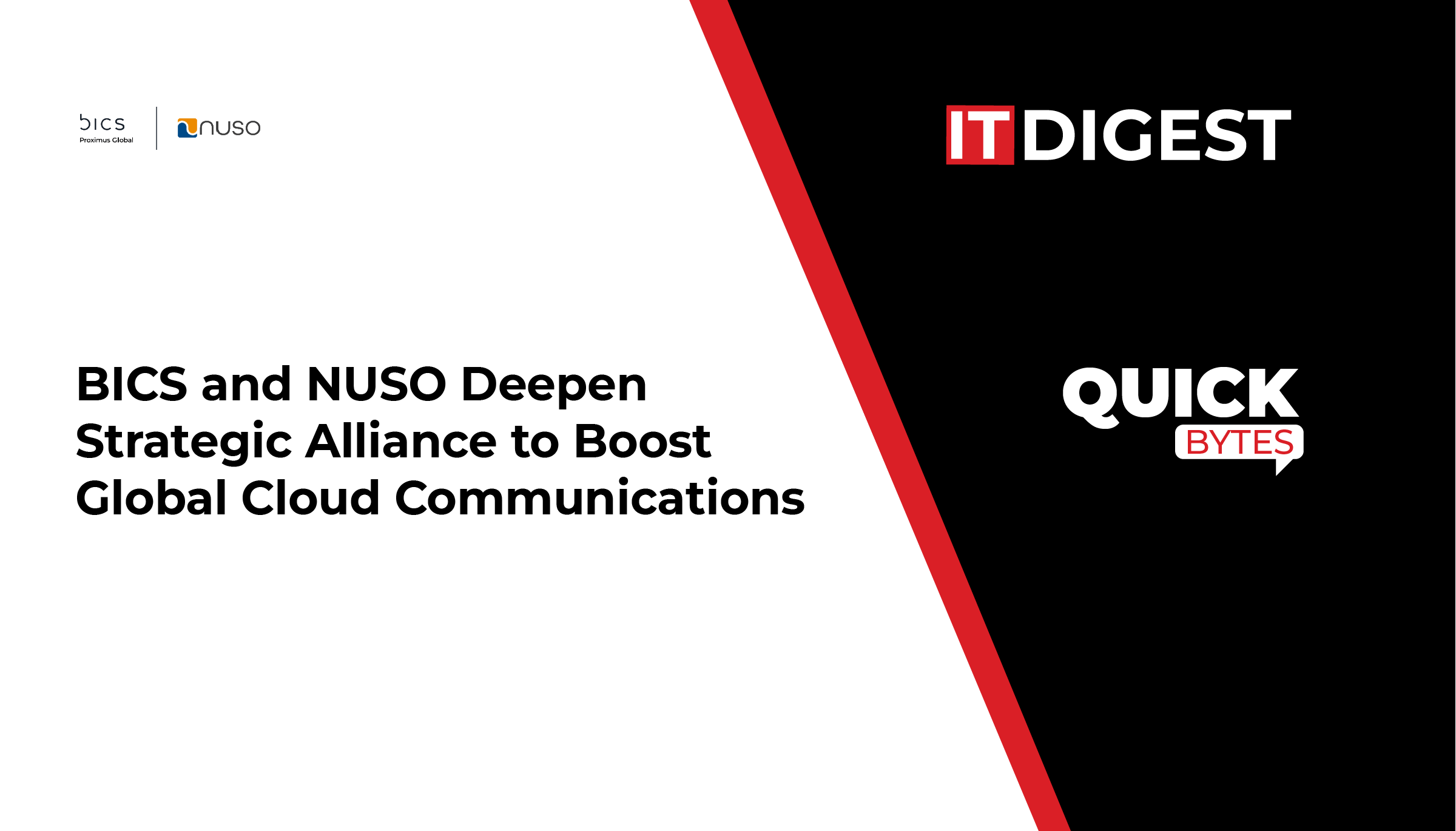From AI to gaming, developers worldwide rely on RevenueCat’s platform to power subscriptions, in-app purchases, and now virtual currencies
RevenueCat, the leading subscription and monetization platform for consumer mobile and web apps, announced the successful closing of a $50 million Series C funding round led by Bain Capital Ventures (BCV). The round included renewed support from existing investors Index Ventures, Y Combinator, Adjacent, Volo Ventures, and SaaStr Fund. This latest funding follows a previous $12 million Series C tranche raised last year, bringing the company’s total funding to date to $100 million.
“RevenueCat is at a genuine inflection point,” said Mark Fiorentino, who led RevenueCat’s Series A at Index Ventures in 2020 and recently joined Bain Capital Ventures. “They’ve quietly become critical infrastructure for the mobile economy — now, as the lines between apps, AI, and the web blur, they’re uniquely positioned to grow into one of the most important companies powering consumer software. I’m thrilled to be doubling down.”
As app developers continue to face mounting challenges in managing in-app purchases and subscription models, RevenueCat has emerged as the go-to monetization infrastructure platform. By eliminating the complexities of building and maintaining backend billing systems, the platform empowers engineering teams to focus on product innovation while enabling marketing and product teams to access granular customer insights, conduct experiments, and optimize pricing strategies across platforms.
With one unified platform, RevenueCat simplifies monetization for developers and enhances the consumer experience by enabling seamless payments across devices and storefronts.
Also Read: UiPath Expands Ecosystem with Microsoft Copilot Links
Key Milestones & Strategic Growth
-
Dominant presence in new subscription app launches: Over the past three months, more than one-third of all new iOS and Android subscription apps globally have integrated RevenueCat at launch. The platform now powers over 50,000 apps worldwide, supporting subscriptions, consumables, lifetime purchases, and — most recently — virtual currencies.
-
Accelerated adoption amid AI app boom: The number of apps adopting RevenueCat has more than doubled in the past six months, largely driven by the surge in AI-enabled consumer applications.
-
Product innovation at scale: Recent product additions include:
-
Paywalls – a drag-and-drop paywall builder enabling non-technical teams to design and A/B test monetization screens without writing code.
-
Web Billing – supports transactions outside traditional app stores, giving developers more control and higher margins.
-
Virtual currency support – a critical tool for gaming and AI apps looking to drive flexible revenue models.
-
-
Expansion beyond subscriptions: RevenueCat is extending its footprint into fintech with tools aimed at solving developer cash flow bottlenecks caused by net-45 payout cycles. Upcoming features will help developers drive user acquisition, improve conversion rates, and increase retention—delivering a full-funnel monetization solution.
“Developers deserve a frictionless way to make money, and nobody has approached this with our level of focus,” said Jacob Eiting, CEO and co-founder of RevenueCat. “We’re already assisting more annual app revenue than existed in the entire ecosystem when we started in 2017. The market has grown 10x, and I expect another 10x over the next decade. By staying radically focused on helping developers get paid, I believe we can build a generational public company.”
Positioned for the Future of App Monetization
With regulatory changes allowing U.S. iOS developers to use alternative payment methods outside of in-app purchases, RevenueCat is seizing the opportunity to reduce platform fees for developers. In response, the company recently launched its Web Paywall Button—a turnkey solution enabling developers to A/B test external checkout flows while ensuring compliance and optimizing conversion.
Driving Tangible Impact for Developers
RevenueCat now processes more than $8 billion in annual transactions and supports monetization efforts for major consumer software players, including OpenAI’s ChatGPT, Notion, VSCO, and Runna (recently acquired by Strava). By removing backend complexity, developers are reporting significant time and cost savings.
“After the initial implementation, we rarely need to dedicate development hours to our purchase infrastructure,” said Greg Stewart, CEO of Ladder. “RevenueCat is a core part of our technology stack, and is used across the entire organization.”
As RevenueCat continues to build toward its vision of frictionless monetization, its platform remains a cornerstone for developers navigating the evolving app economy.

































